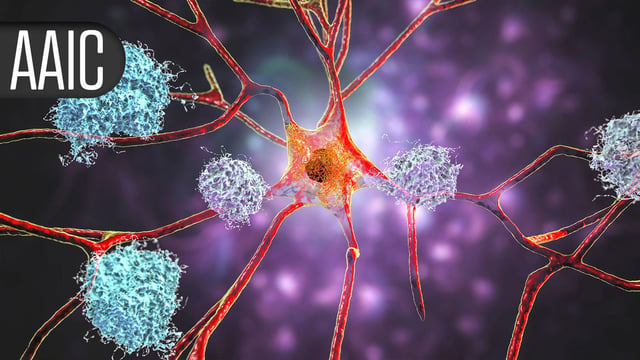Overview
- The NIH-funded University of Georgia study tracked more than 2,300 adults aged 50 and older over ten years, comparing 1,100 SNAP participants with 1,200 eligible nonparticipants.
- Researchers found that SNAP participants experienced a 10% slower annual rate of decline in cognitive scores, equivalent to two to three additional years of cognitive health over the study period.
- The observational study, presented at the Alzheimer’s Association International Conference in Toronto, has not yet undergone peer review and cannot establish causation.
- President Trump’s mid-2025 legislation will cut $186 billion in SNAP funding through 2034, shift costs to states beginning in 2028 and expand work requirements for participants.
- Advocates argue that reducing food assistance risks worsening cognitive health among older, low-income adults by increasing food insecurity and related stress.



